What does episodic mobility mean?
Buckingham Palace confirmed in May that the late Queen Elizabeth II was suffering from 'episodic mobility issues'.
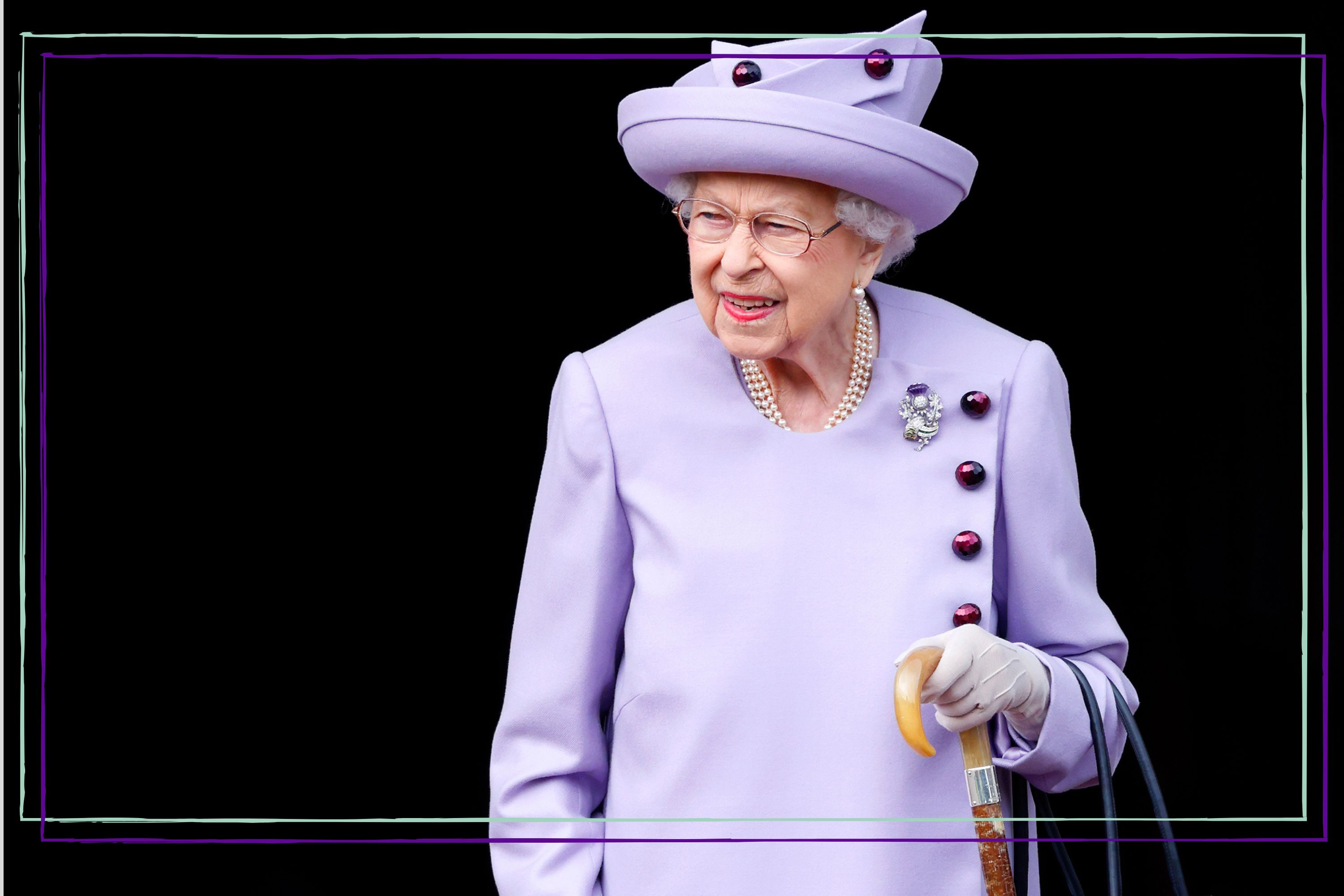

Buckingham Palace confirmed earlier this year that the Queen was suffering from "episodic mobility problems" - which led to her pulling out of a major royal ceremony. But what does episodic mobility mean?
The late Queen Elizabeth II was first pictured using a walking stick during a rare outing with Princess Anne in late October 2021 - just weeks after spending a night in hospital to undergo checks. The stick remained by the monarch's side throughout the last year of her life, aiding her during royal engagements she refused to give up in the wake of "episodic mobility problems".
The condition forced the Queen to pull out of the State Opening of Parliament in May - the only one she missed during her 70-year reign. So what is episodic mobility and what causes it?
What does episodic mobility mean?
Episodic Mobility is a common health problem that affects elderly people as it is a condition that means that some of the time, they have trouble moving around.
Michal Boyd, an associate professor at Auckland University and nurse practitioner who specialises in elderly care, said the scientific term for such problems is frailty. “Basically, as people age, they become frailer,” she told online publication Stuff. “You lose muscle mass, and as you lose it, you become weaker and you can’t mobilise.”
“That means not being able to stand for a long period of time,” Mr Boyd continued. “It can eventually progress to needing a wheelchair.”
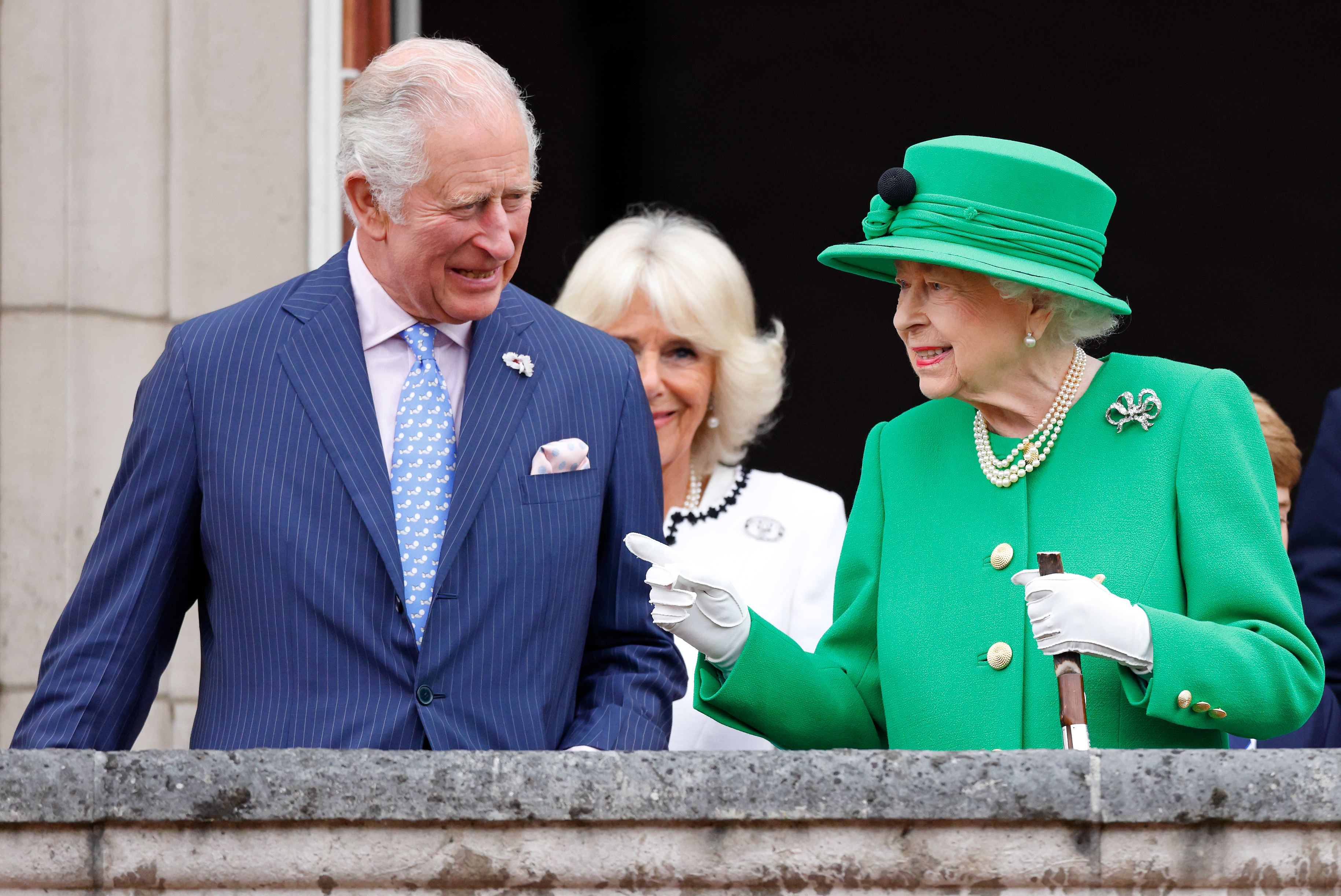
Buckingham Palace first confirmed that the Queen was suffering from episodic mobility in an official statement released in May. It read: "The Queen continues to experience episodic mobility problems, and in consultation with her doctors has reluctantly decided that she will not attend the state opening of parliament tomorrow.”
GoodtoKnow Newsletter
Parenting advice, hot topics, best buys and family finance tips delivered straight to your inbox.
The late Queen's mobility issues were first speculated late last year when she was pictured carrying out an engagement with a walking stick. She used this same walking stick from October 2021 onwards, up until her death this year. Most notably, Her Majesty was pictured with the same stick on the Buckingham Palace balcony during the Platinum Jubilee celebrations.
The monarch also confessed earlier this year that Covid had left her feeling "exhausted" and there were reports that she had a wheelchair-friendly lift installed at Balmoral as it was claimed she'd been using a wheelchair 'much of the time'.
In her first post-Covid face to face the Monarch also admitted, “Well, as you can see, I can't move.” Seemingly making reference to her mobility issues.
What causes mobility issues?
In a 2013 study, researchers from the University of Alabama at Birmingham stated that the following were common factors that lead to a loss in mobility:
- Older age
- Low physical activity
- Obesity
- Impaired strength and balance
- Chronic diseases such as diabetes and arthritis
They also cited a number of less common causes that could lead to immobility. These being depression, drinking alcohol and smoking, and impaired memory. The risk of mobility issues increases if an individual has one or more of these factors.
Video of the Week

Selina is a Senior Family Writer for GoodtoKnow and has more than 16 years years of experience. She specialises in royal family news, including the latest activities of Prince George, Charlotte, Louis, Archie and Lilibet. She also covers the latest government, health and charity advice for families. Selina graduated from the University of Sheffield in 2006 with a degree in Journalism, and gained her NCTJ and NCE qualifications. During her career, she’s also written for Woman, Woman's Own, Woman&Home, and Woman's Weekly as well as Heat magazine, Bang Showbiz - and the Scunthorpe Telegraph. When she's not covering family news, you can find her exploring new countryside walking routes, catching up with friends over good food, or making memories (including award-winning scarecrows!)
-
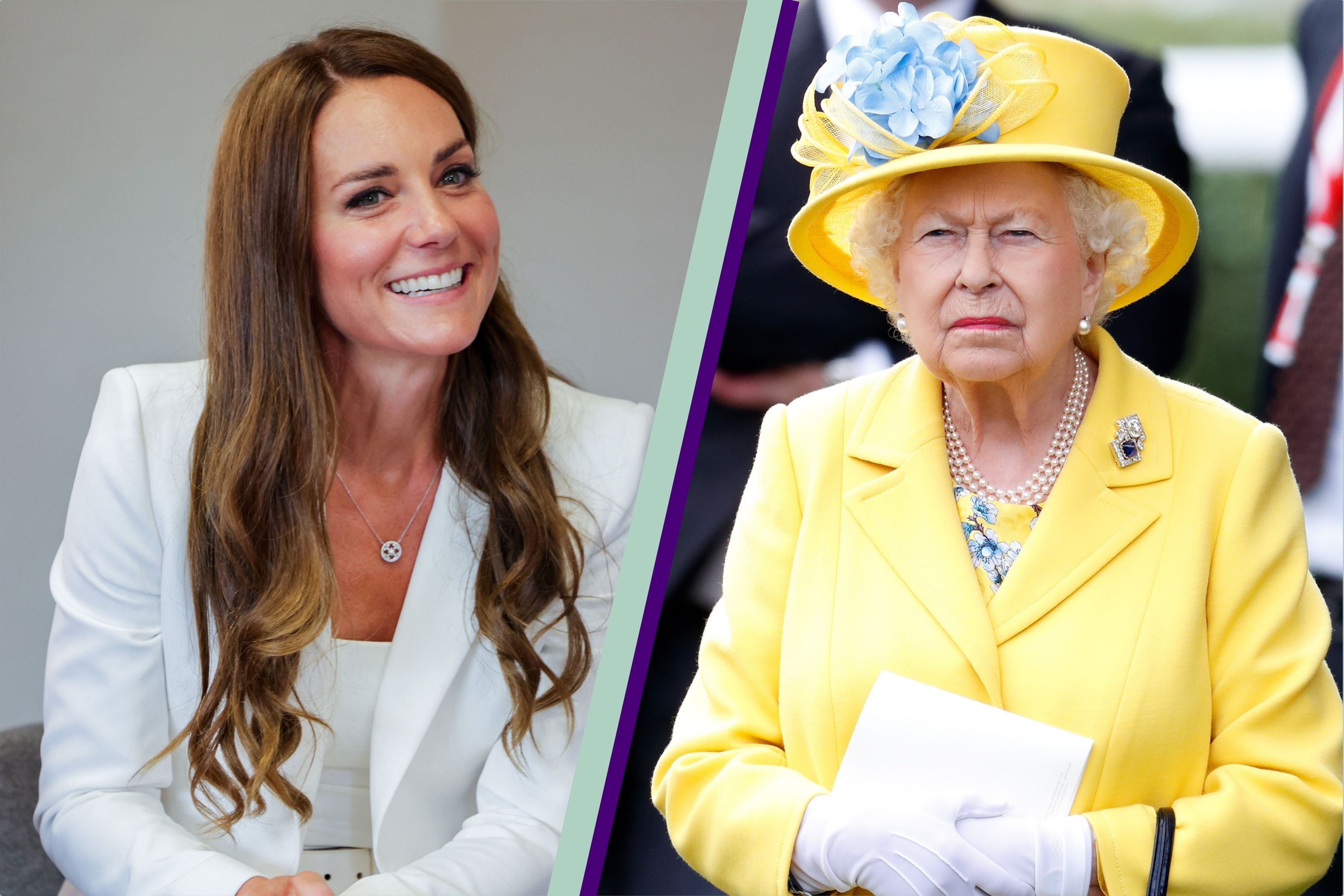 Kate Middleton laid out ‘bold’ family priorities in candid conversation with Queen Elizabeth II, new book reveals
Kate Middleton laid out ‘bold’ family priorities in candid conversation with Queen Elizabeth II, new book revealsThe Princess of Wales has always been clear about she plans to raise her three children
By Charlie Elizabeth Culverhouse Published
-
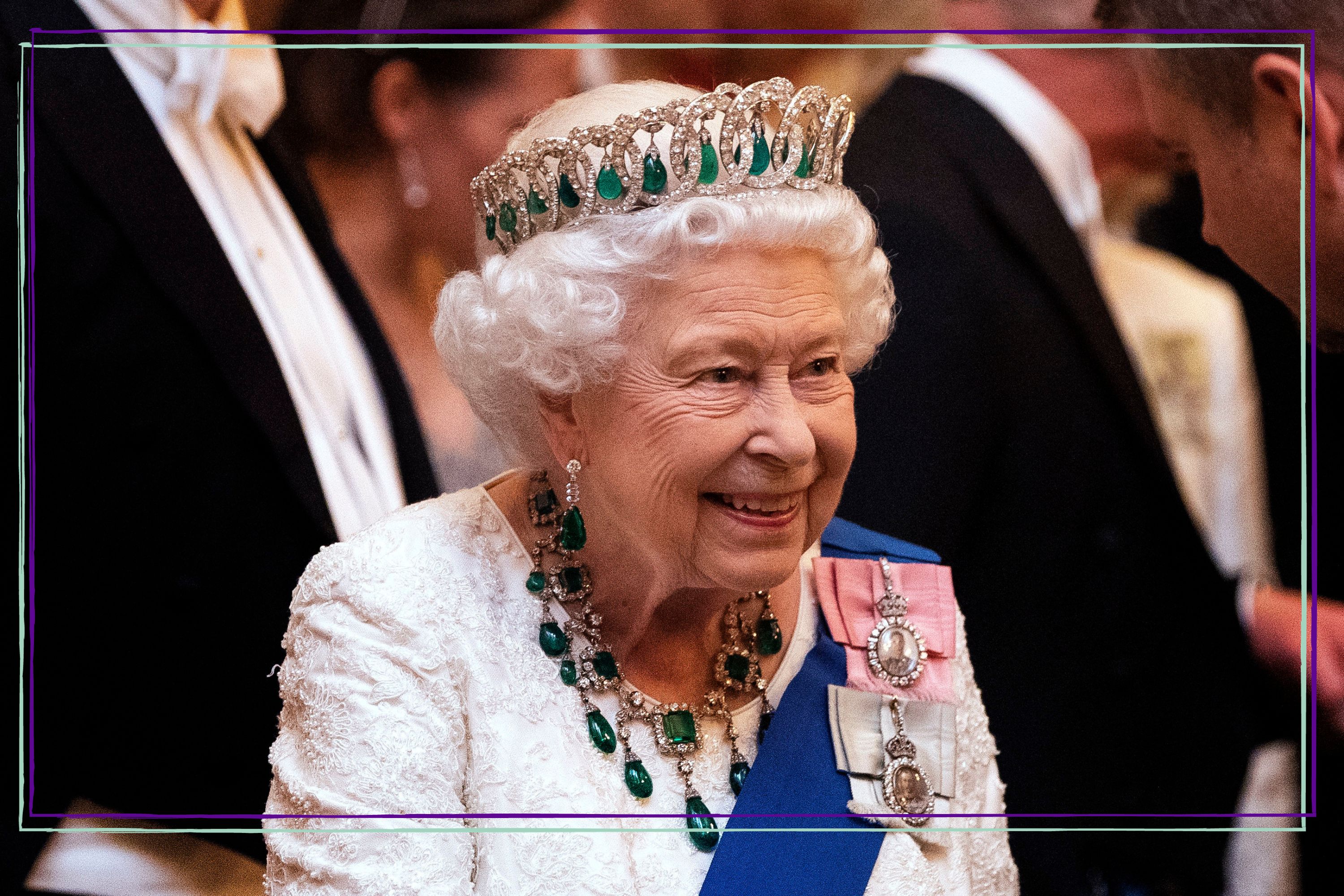 Queen Elizabeth's heartwarming approach to motherhood revealed in rare letter - and the note includes a hilarious joke about young King Charles III
Queen Elizabeth's heartwarming approach to motherhood revealed in rare letter - and the note includes a hilarious joke about young King Charles IIIA personal letter penned by the late monarch in 1950 has given sweet insight into her life as a young mother
By Charlie Elizabeth Culverhouse Published
-
 Prince George, Charlotte and Louis very nearly had different baby names as Kate Middleton ‘set her heart’ on moniker with a sweet link to the late Queen (and we love it)
Prince George, Charlotte and Louis very nearly had different baby names as Kate Middleton ‘set her heart’ on moniker with a sweet link to the late Queen (and we love it)The Princess of Wales 'set her heart' on the adorable baby name
By Charlie Elizabeth Culverhouse Published
-
 Queen Elizabeth is in full mum-mode in never-before-seen photo released by Buckingham Palace
Queen Elizabeth is in full mum-mode in never-before-seen photo released by Buckingham PalaceA selection of previously unseen Royal Family photos will go on display at Buckingham Palace
By Charlie Elizabeth Culverhouse Published
-
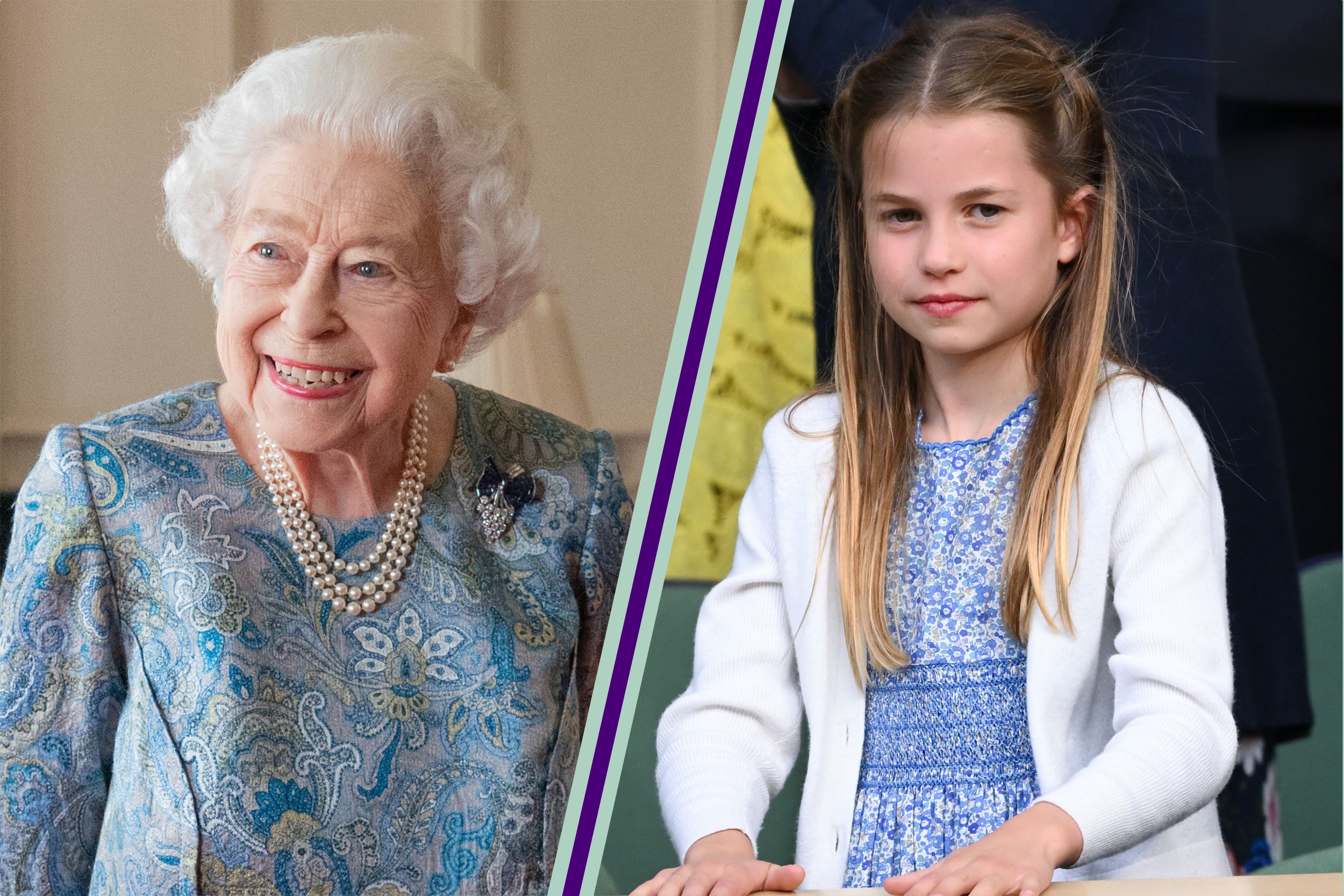 Princess Charlotte’s 9th birthday portrait contained a sweet nod to her great-grandmother Queen Elizabeth you might have missed
Princess Charlotte’s 9th birthday portrait contained a sweet nod to her great-grandmother Queen Elizabeth you might have missedThe youngster was beaming in her birthday photo - but did you notice the hidden detail?
By Charlie Elizabeth Culverhouse Published
-
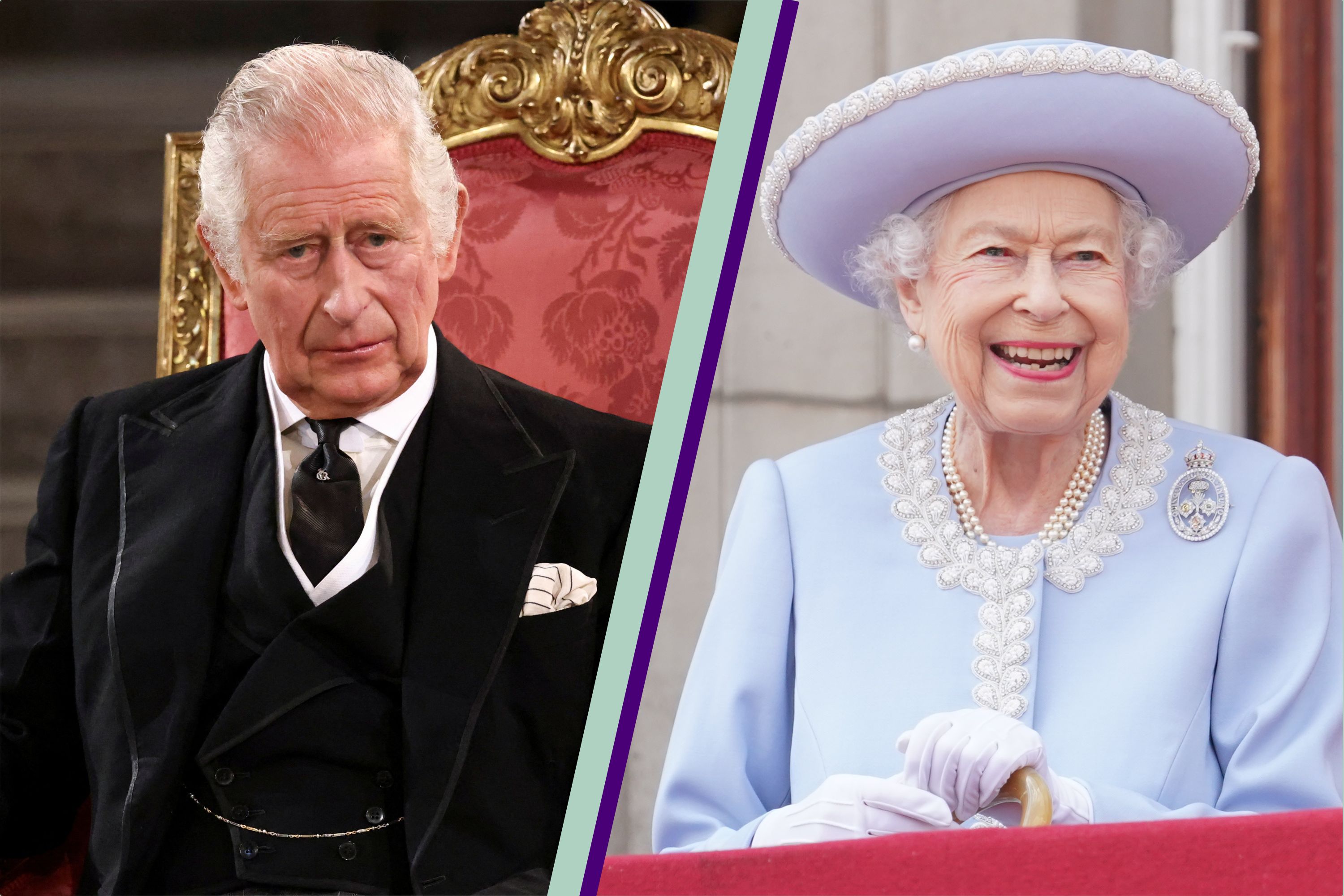 Queen Elizabeth was reportedly left ‘very upset’ by King Charles’ harsh and very public criticism of her parenting style
Queen Elizabeth was reportedly left ‘very upset’ by King Charles’ harsh and very public criticism of her parenting styleThe King has been open about growing up with 'emotionally distant' parents
By Charlie Elizabeth Culverhouse Published
-
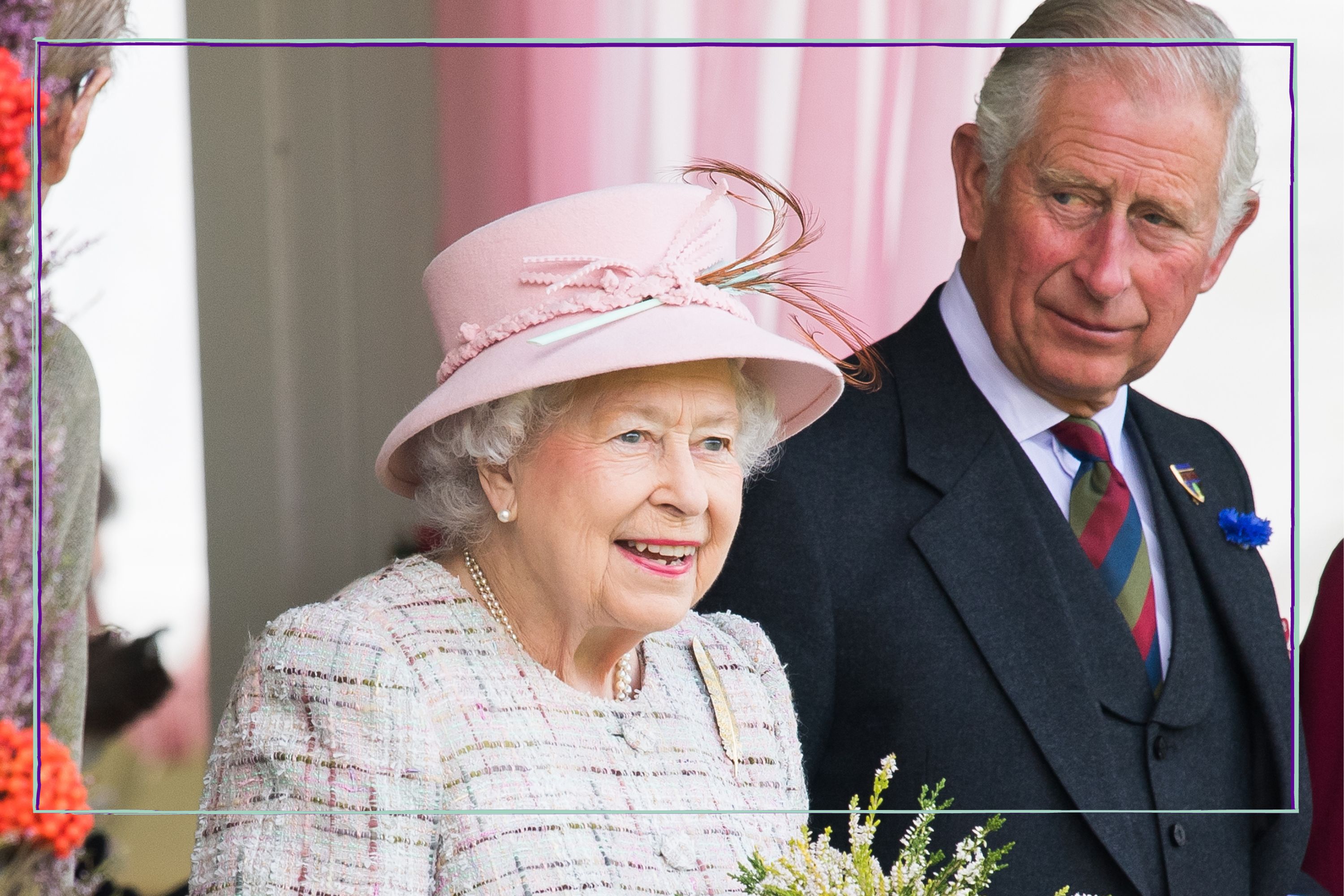 King Charles set to abandon a £100 million royal family hobby that’s been passed down for generations
King Charles set to abandon a £100 million royal family hobby that’s been passed down for generationsThe monarch doesn't share the same passion for this expensive royal hobby
By Selina Maycock Published
-
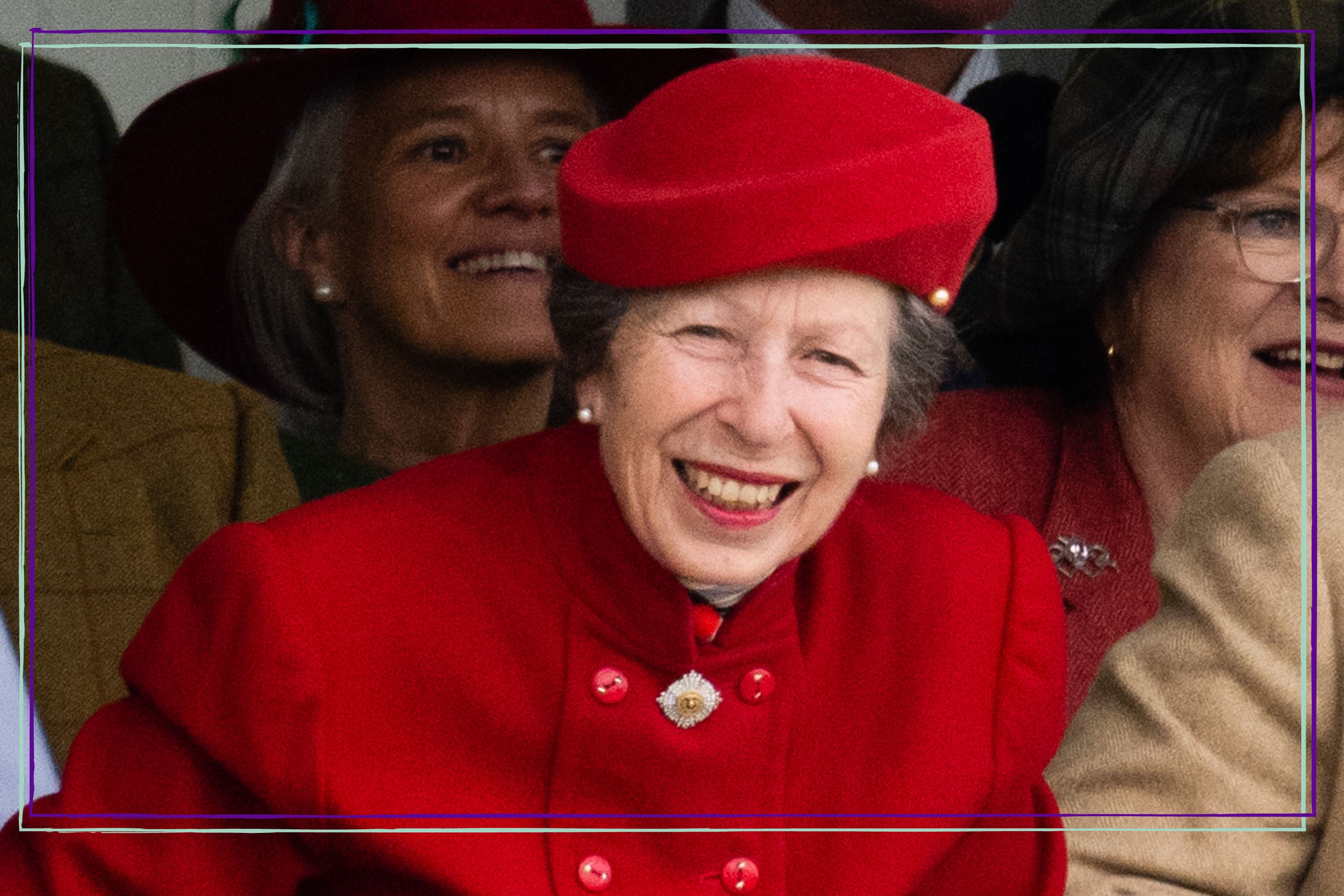 Princess Anne let this royal family member choose her baby name for daughter Zara - and it’s not who you’d expect
Princess Anne let this royal family member choose her baby name for daughter Zara - and it’s not who you’d expectThe Princess Royal took inspiration from another family member when it came to naming her baby
By Selina Maycock Published